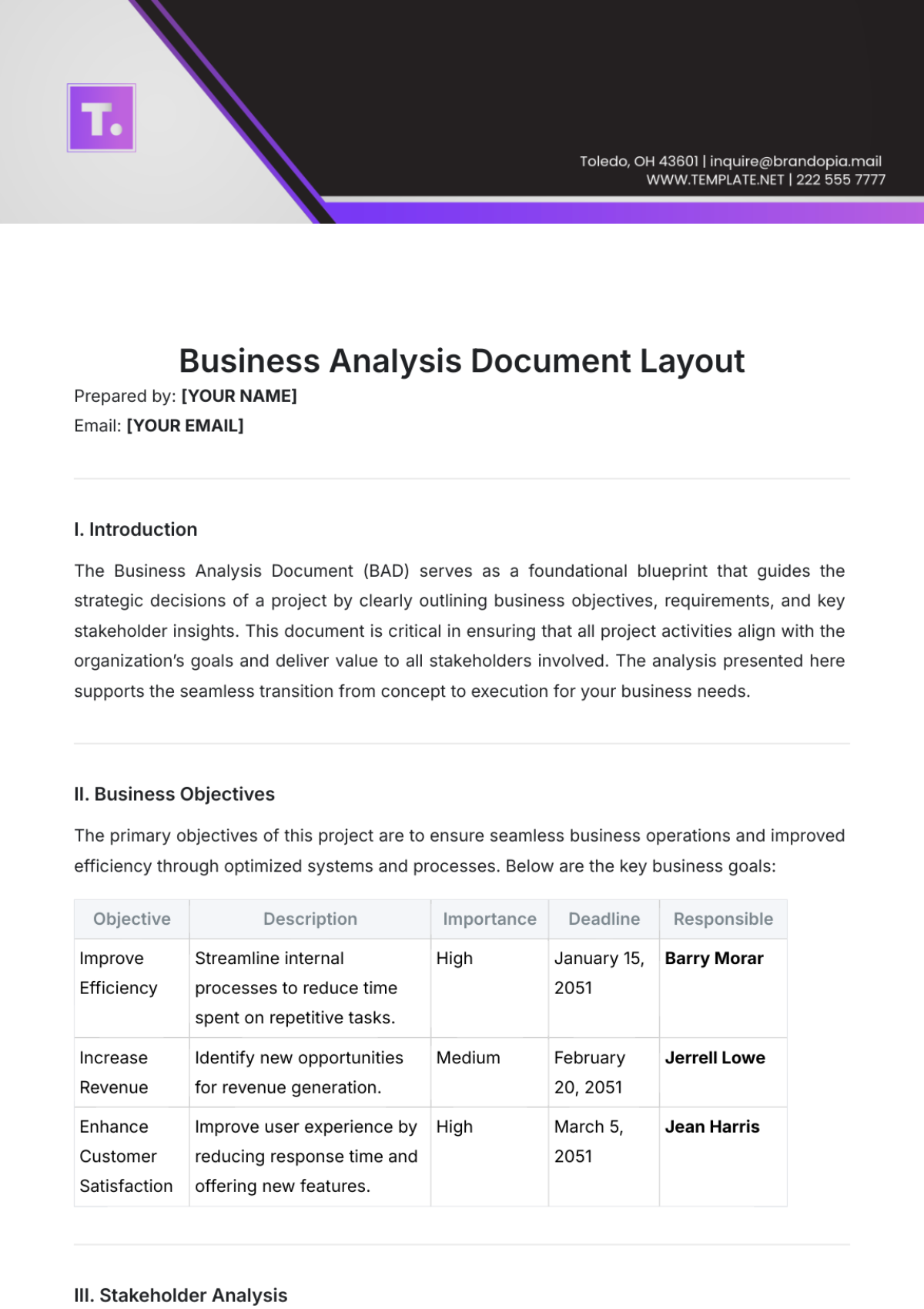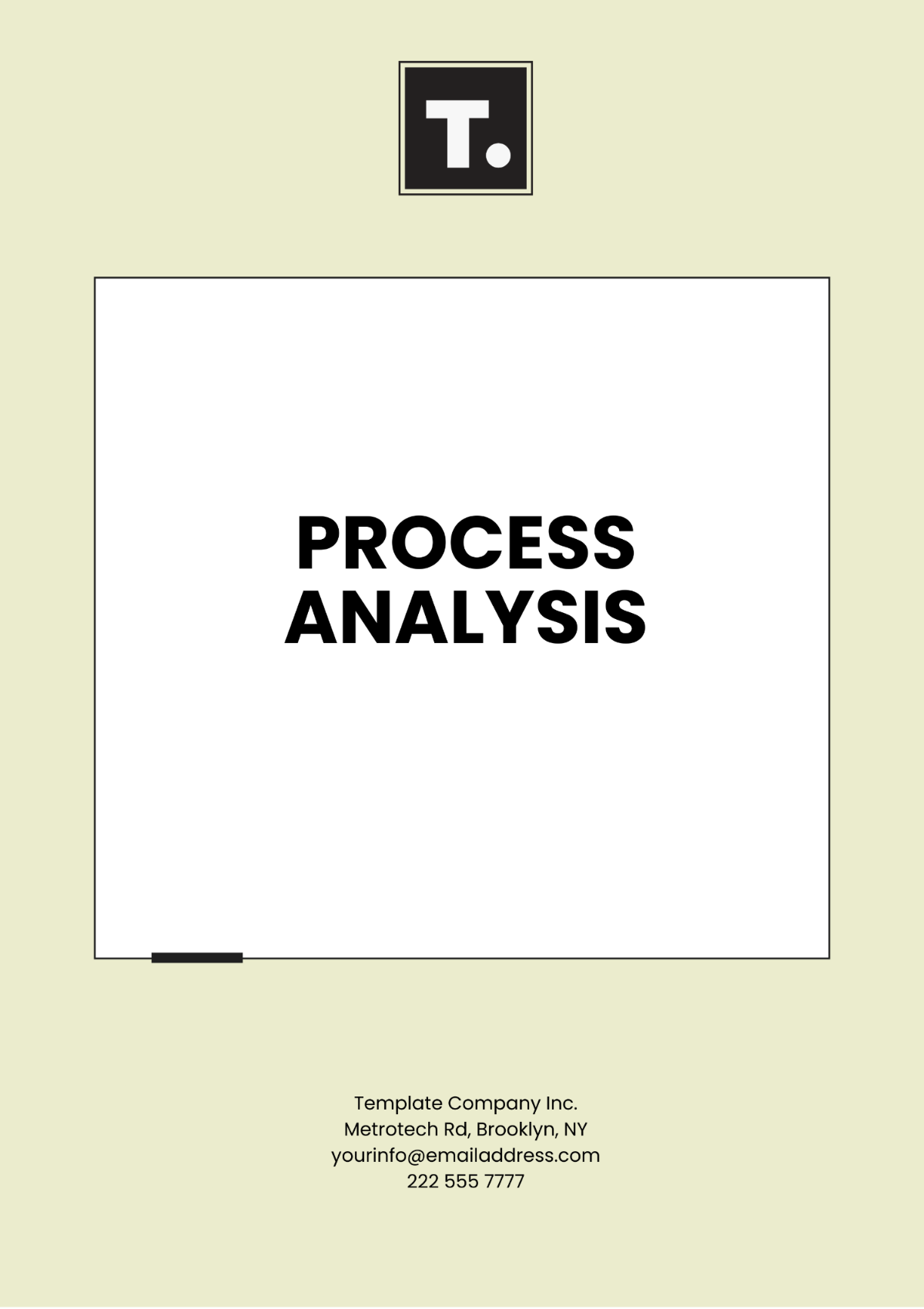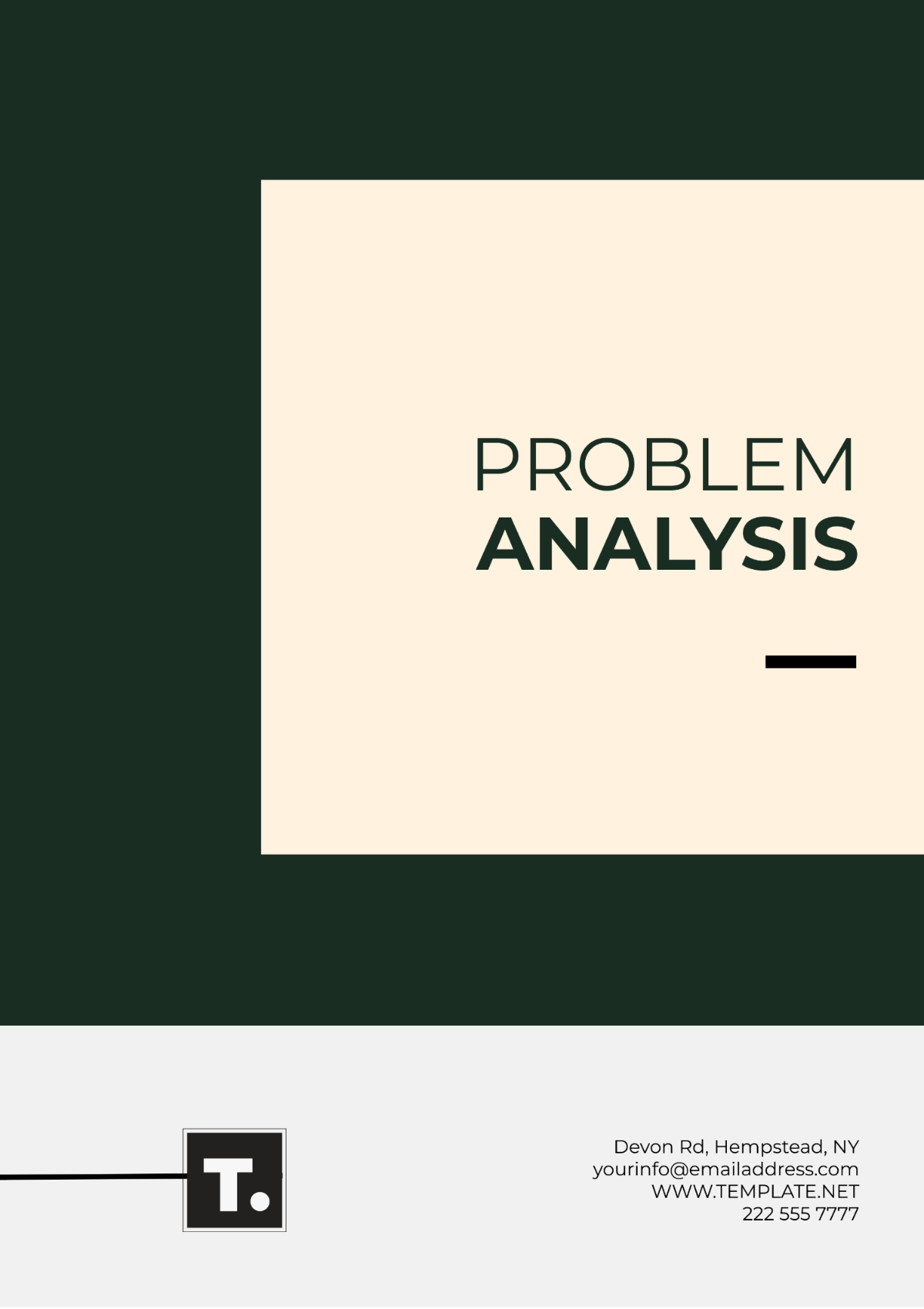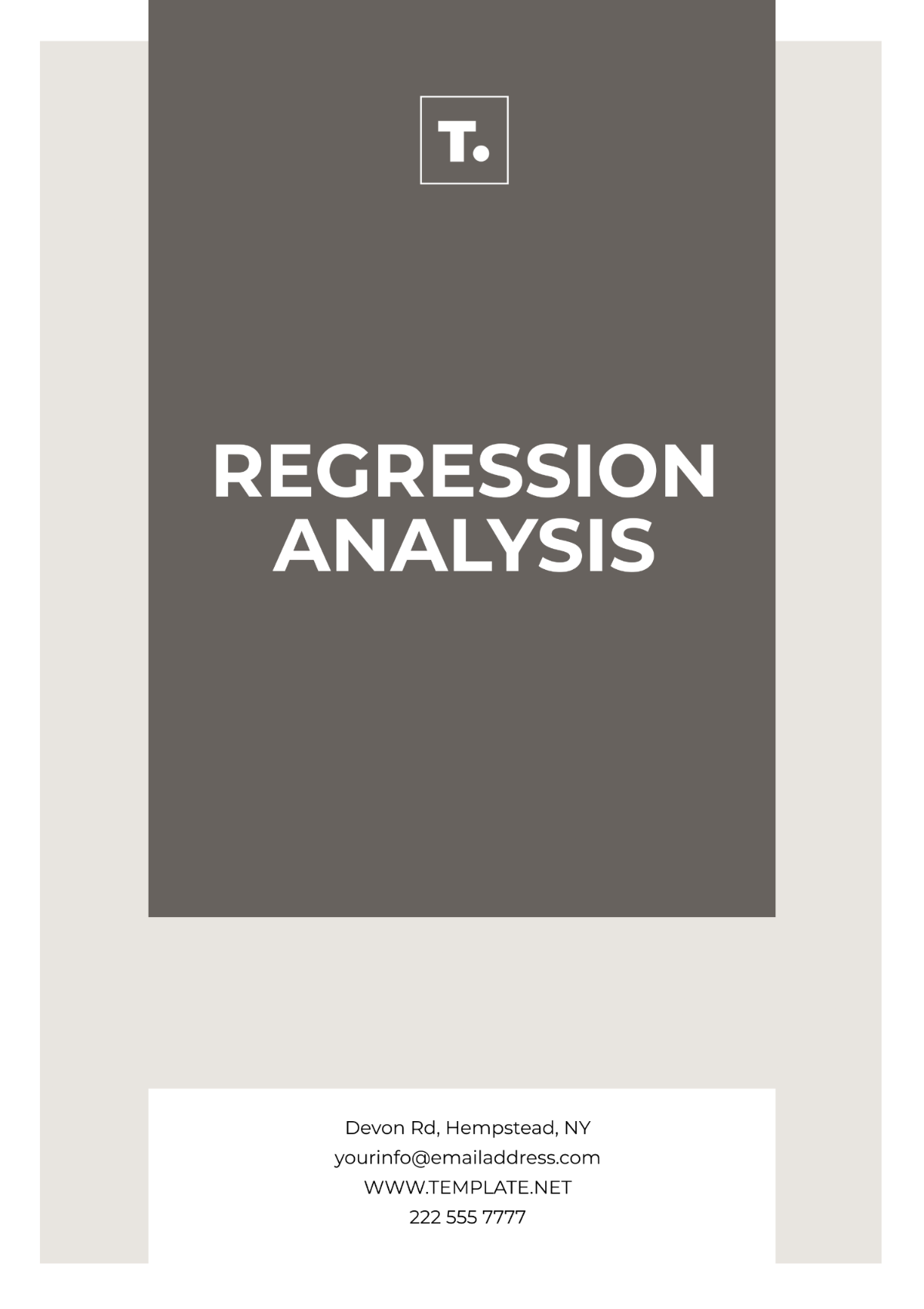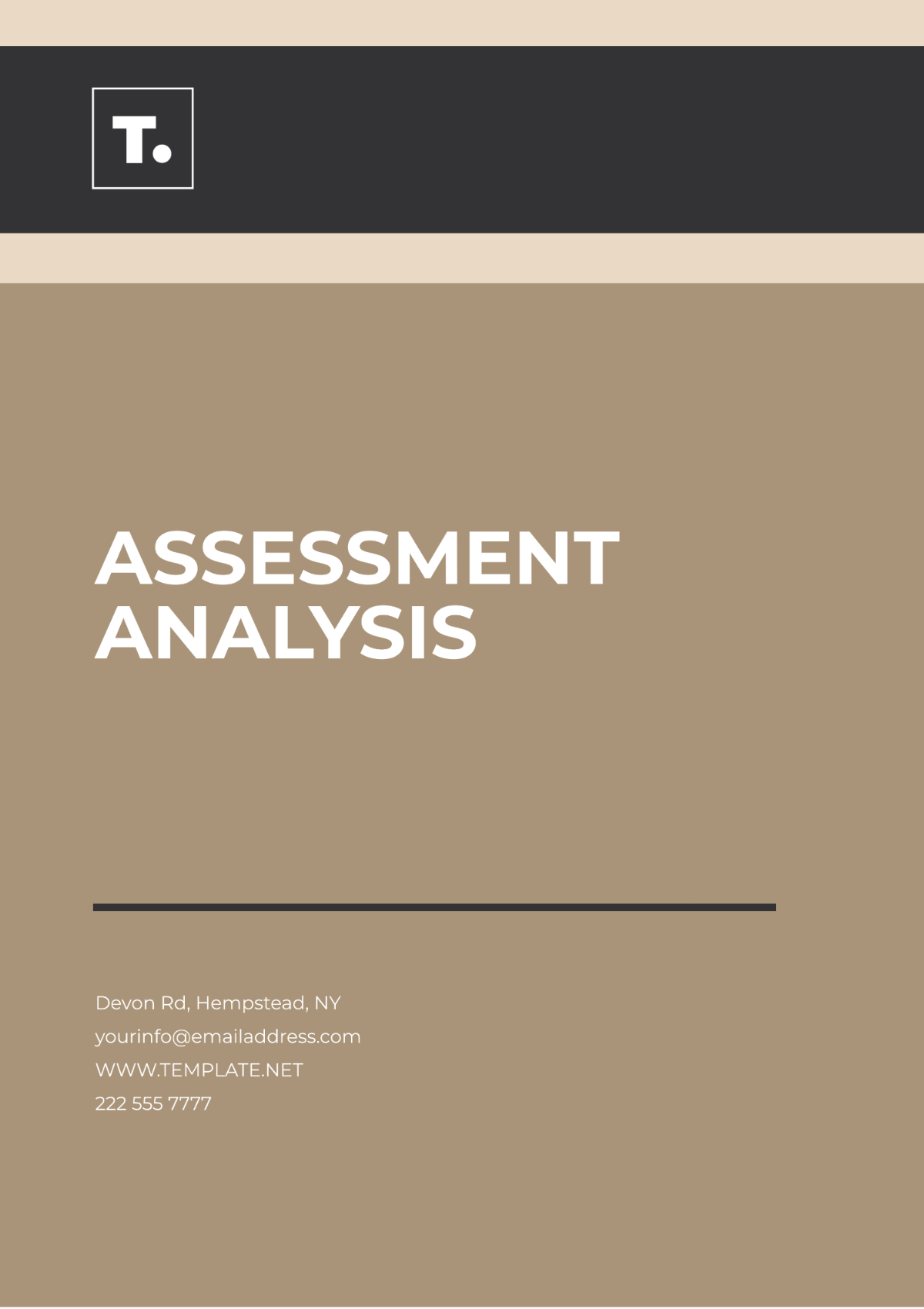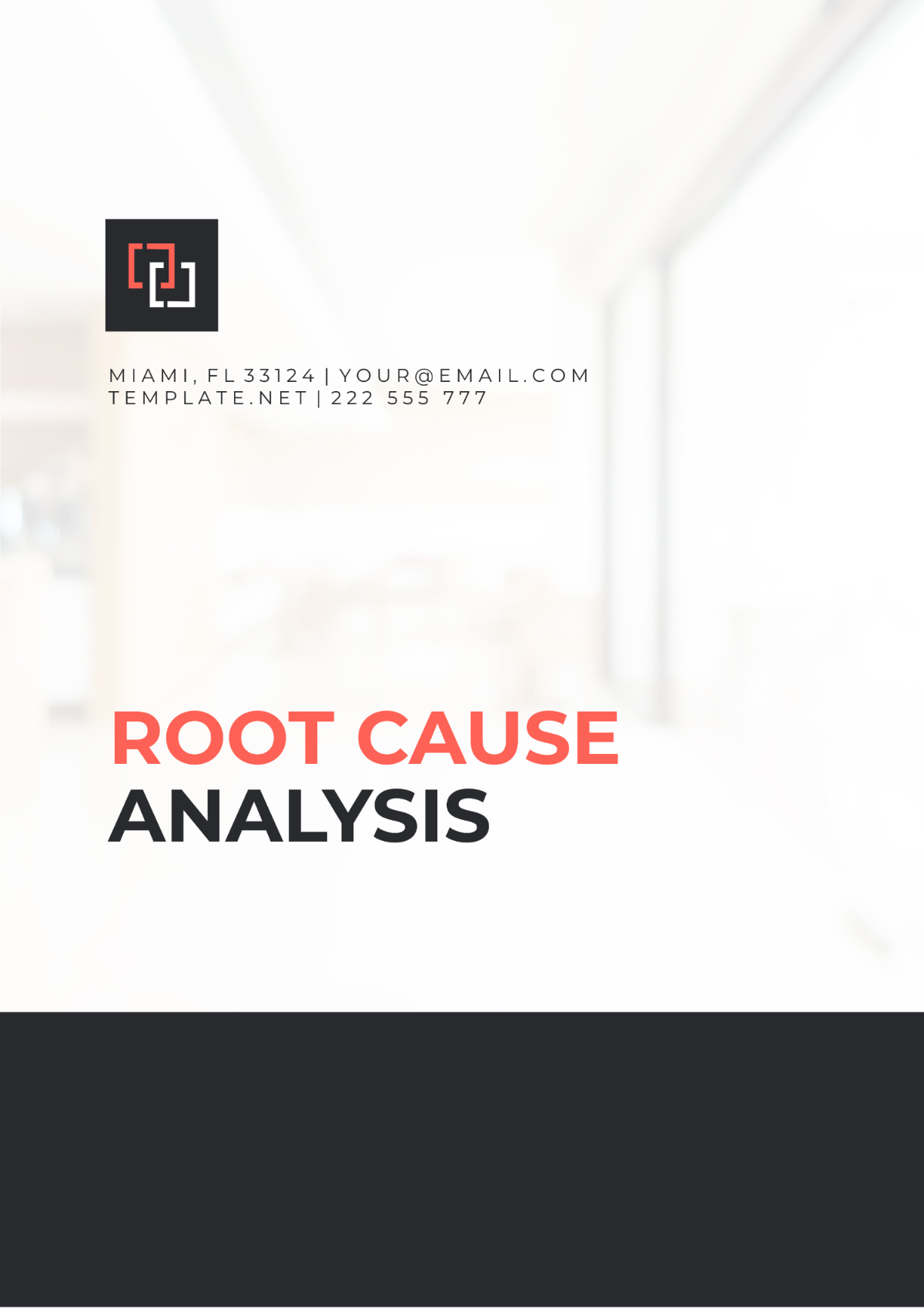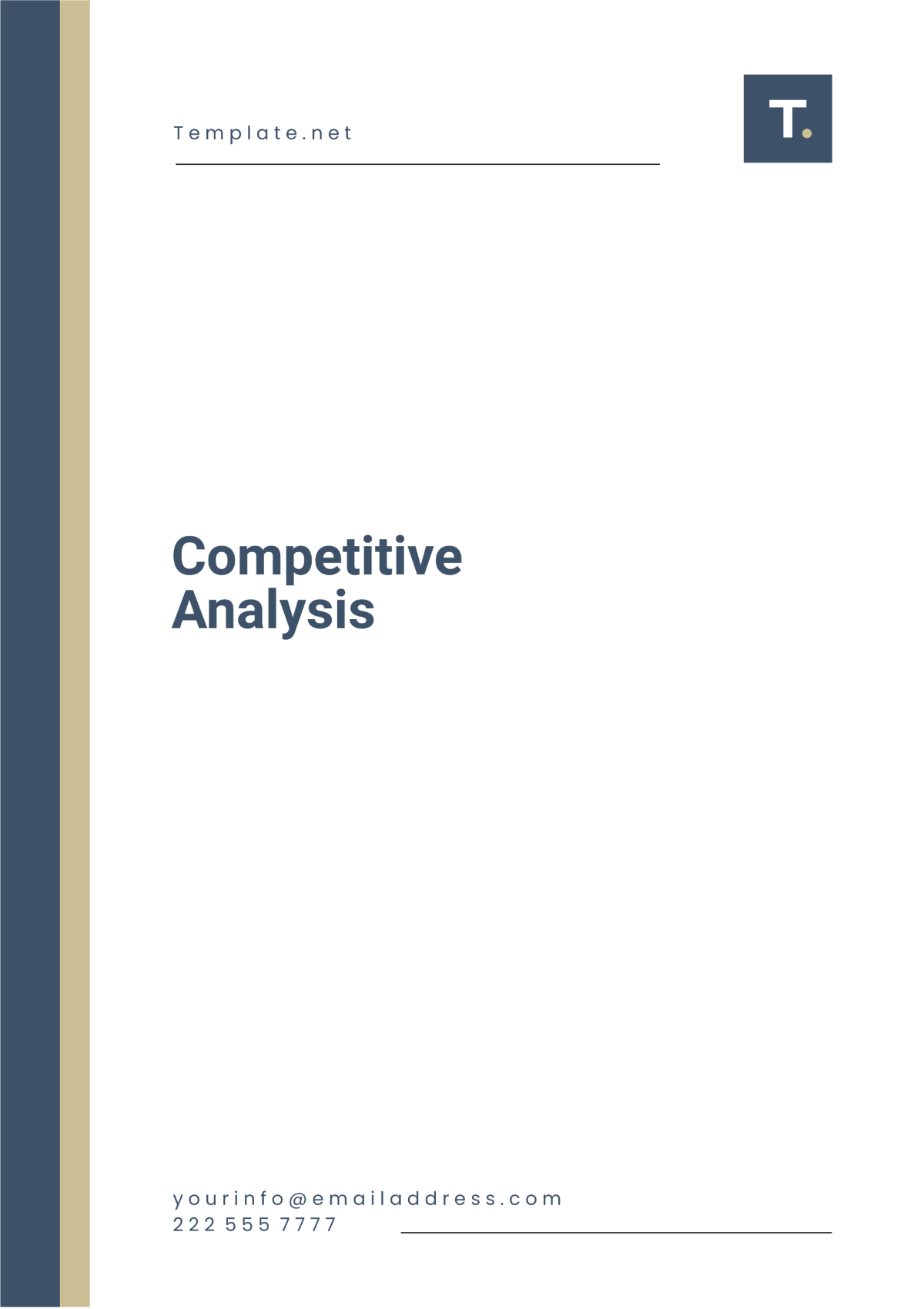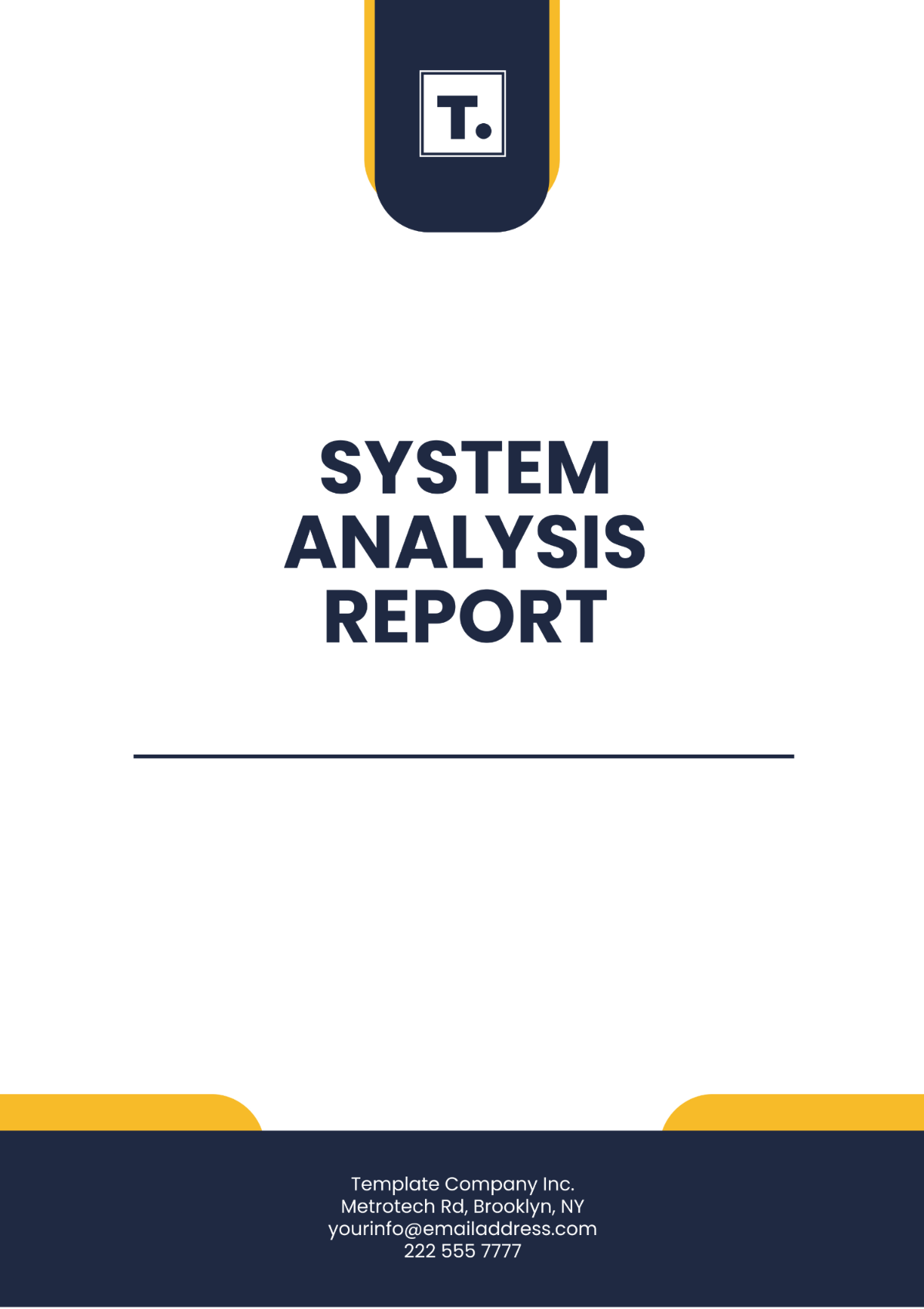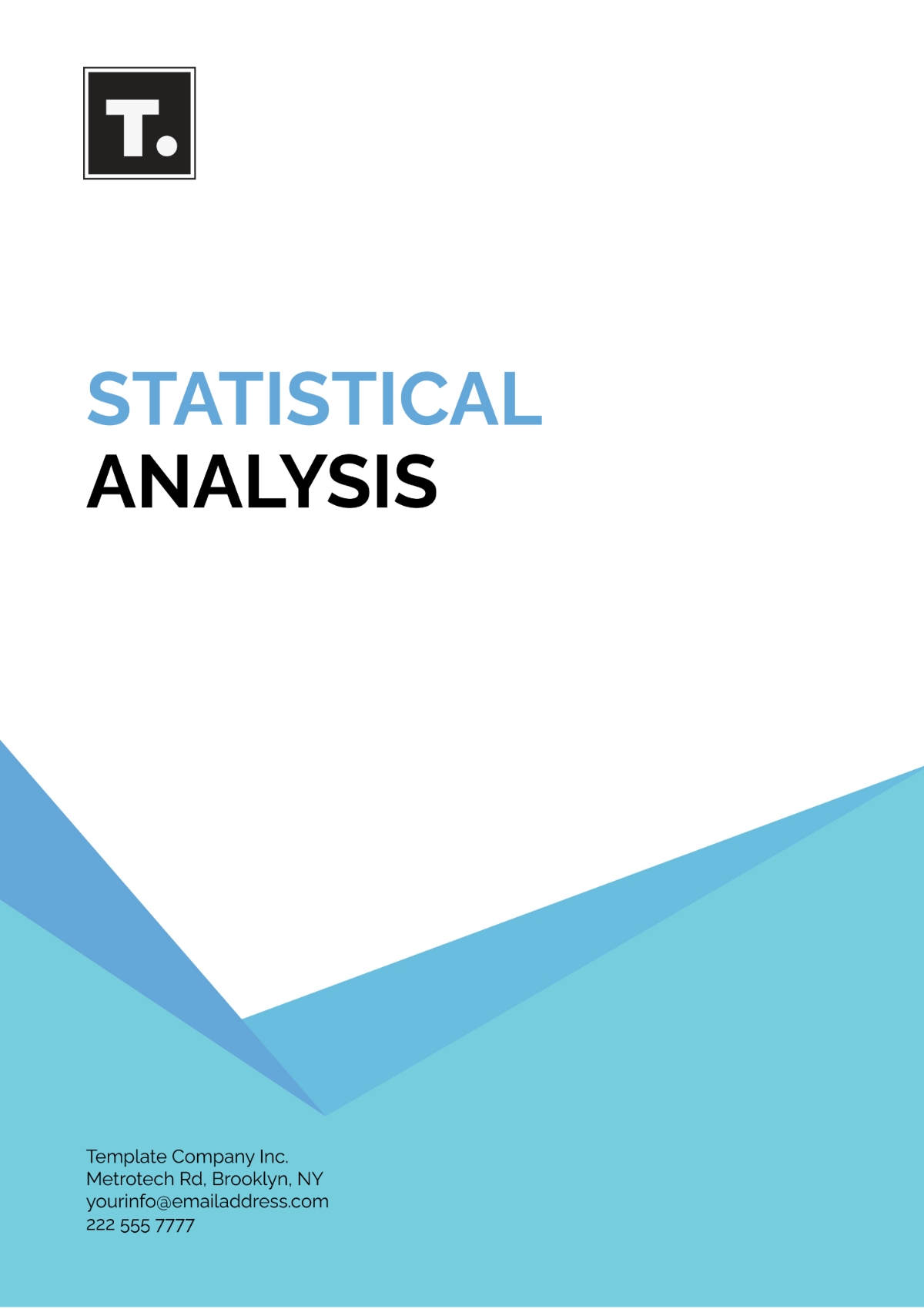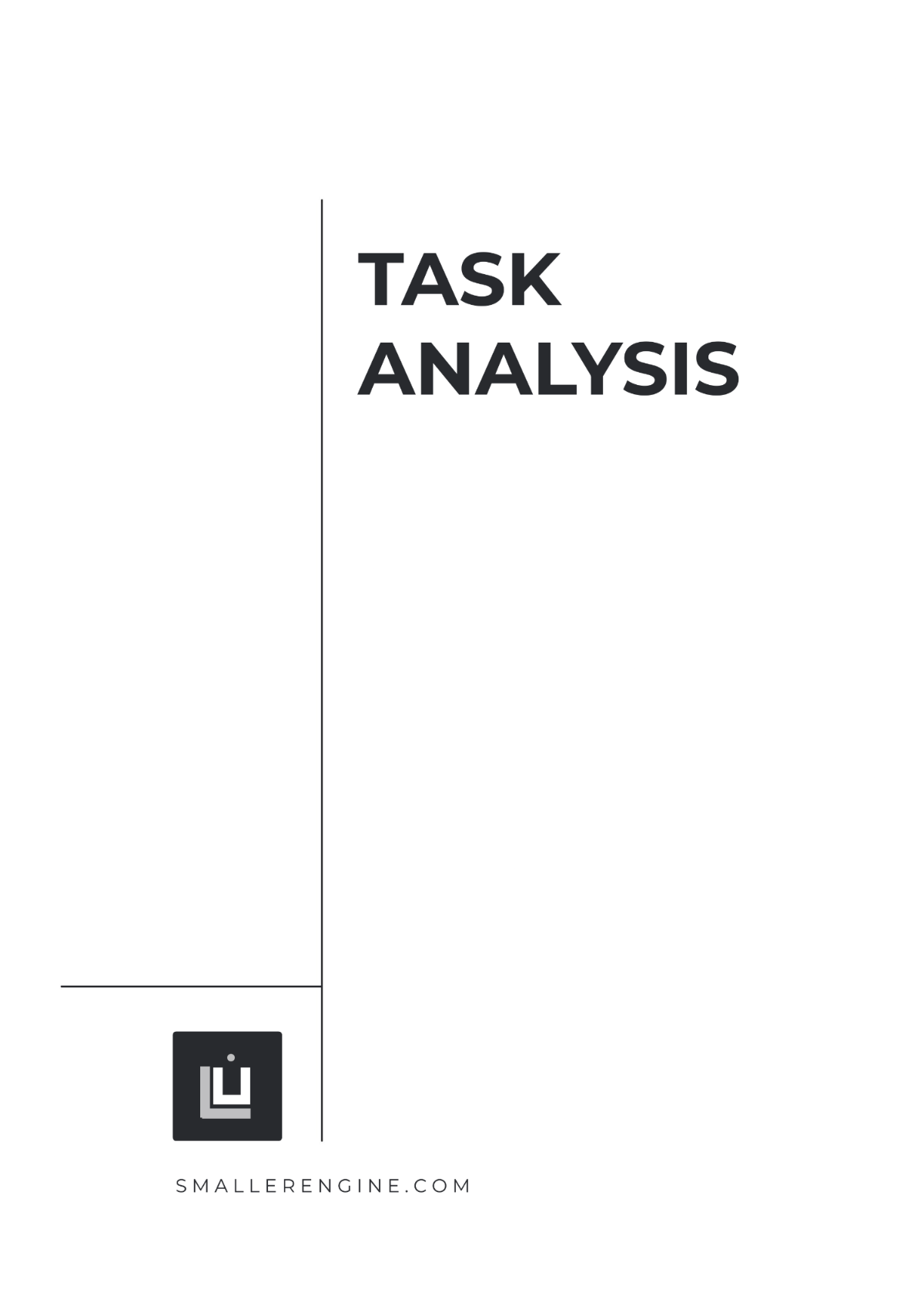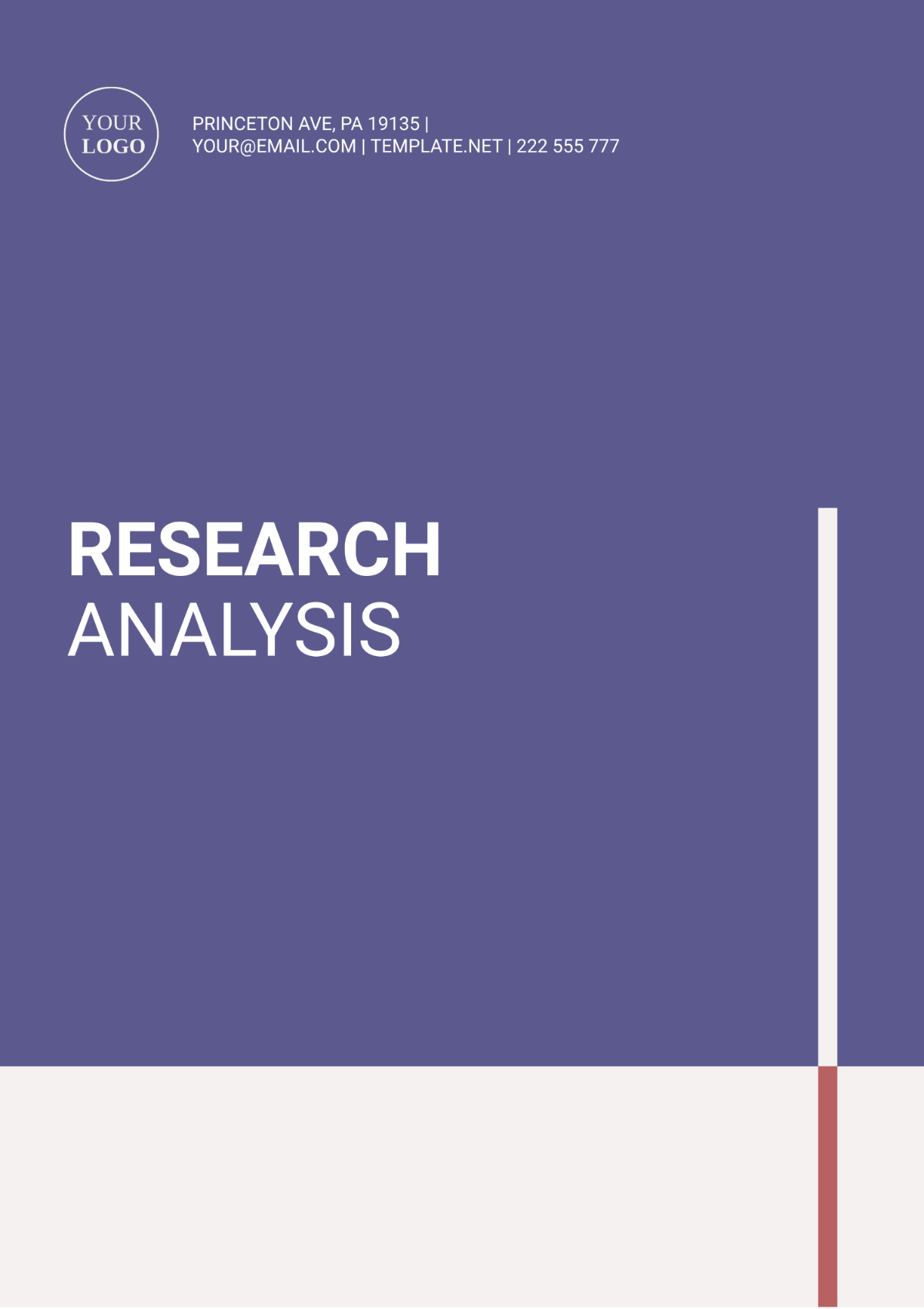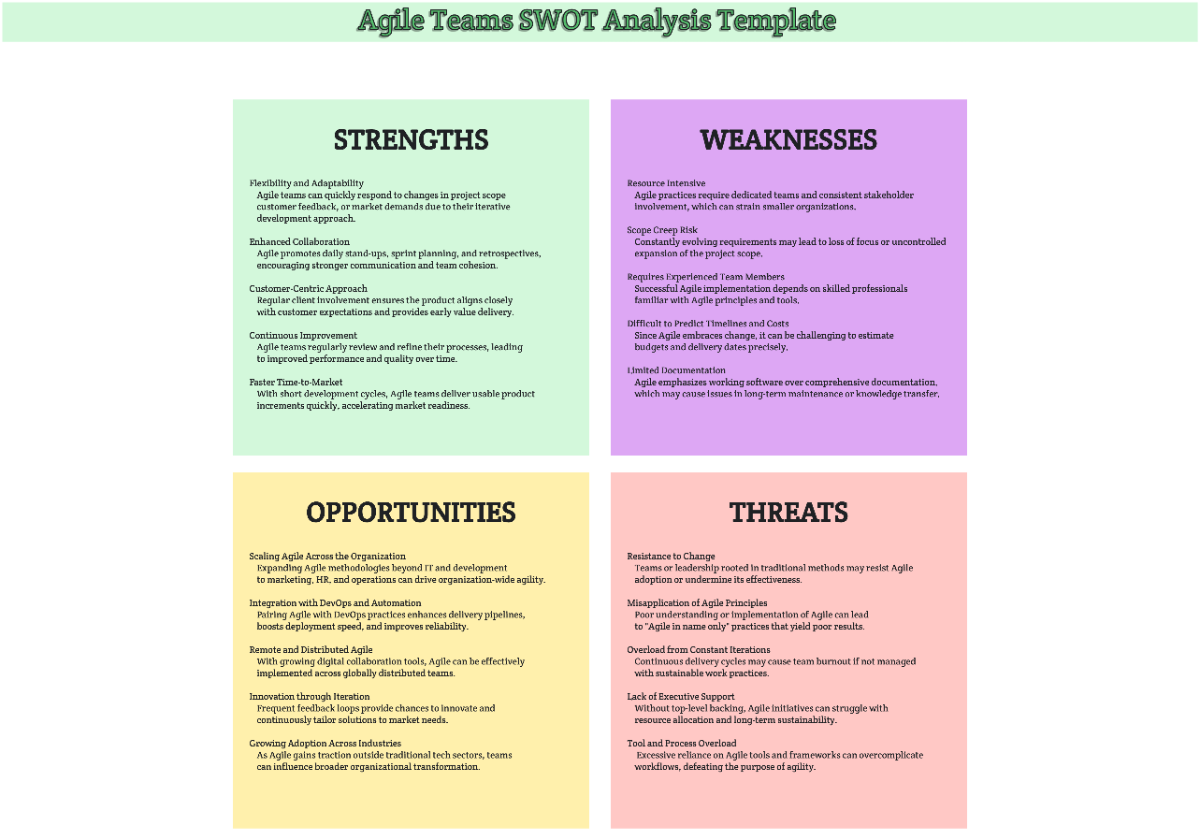FUNDAMENTAL THEMATIC ANALYSIS
Prepared by: [Your Name]
Date: [Date]
I. Introduction
Fundamental thematic analysis is a qualitative research method that focuses on identifying, analyzing, and reporting themes or patterns within data. It is widely used to interpret various forms of data to uncover underlying meanings and perspectives. This analysis involves several steps, including data familiarization, generating initial codes, searching for themes, reviewing themes, and defining and naming themes.
II. Steps in Fundamental Thematic Analysis
A. Data Familiarization
This initial step involves immersing oneself in the data to become thoroughly acquainted with the content. It usually includes:
Reading and re-reading the data
Noting down initial ideas
B. Generating Initial Codes
During this step, researchers identify and code interesting features of the data systematically. This process usually includes:
Organizing data into meaningful groups
Assigning labels to features of the data relevant to the research question
Feature | Code Example |
|---|---|
participant mentions fear | Fear-related code |
Discussion of future goals | Future aspirations code |
C. Searching for Themes
In this phase, the codes are sorted into potential themes, and all relevant coded data is collated within identified themes. It involves:
Examining codes and observing patterns
Combining codes into overarching themes
D. Reviewing Themes
This phase entails refinement of the themes. Researchers review and modify the themes to ensure they accurately reflect the data. This step includes two levels of review:
Level 1: Reviewing at the coded data level
Level 2: Reviewing at the level of the entire dataset
E. Defining and Naming Themes
At this stage, researchers define the essence of each theme and determine what aspect of the data each theme captures. This requires clear and concise definitions. Naming themes involves:
Creating descriptive theme names
Ensuring each name conveys the theme's scope and essence
III. Applications of Thematic Analysis
A. Social Sciences
Thematic analysis is extensively used in social sciences for:
Understanding social phenomena
Identifying patterns of behavior or thought processes
B. Psychology
In psychology, thematic analysis helps in:
Uncovering underlying motivations and feelings
Analyzing personal experiences and narratives
C. Market Research
Thematic analysis aids in market research by:
Identifying consumer preferences and trends
Informing product development and marketing strategies
IV. Advantages of Thematic Analysis
Thematic analysis offers several benefits, including:
Advantage | Explanation |
|---|---|
Flexibility | Suitable for diverse types of research and data |
Accessibility | Can be used with various data collection methods |
Efficiency | Capable of managing large datasets |
V. Challenges of Thematic Analysis
While thematic analysis is powerful, it comes with challenges such as:
Subjectivity: Potential for bias in theme identification
Time-consuming: Requires thorough analysis and validation
Complexity: Managing and interpreting extensive data can be complex
VI. Conclusion
Fundamental thematic analysis is a versatile and valuable tool in qualitative research. By systematically identifying themes and patterns, researchers can derive in-depth insights from qualitative data. Despite its challenges, the method's flexibility and ability to handle large datasets make it a preferred approach in various research fields.


